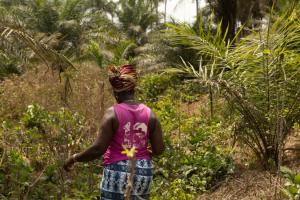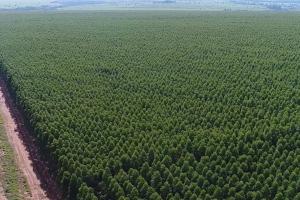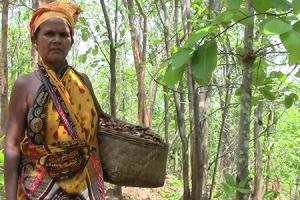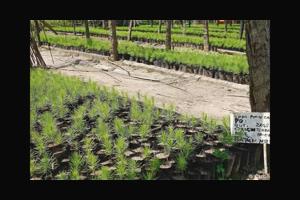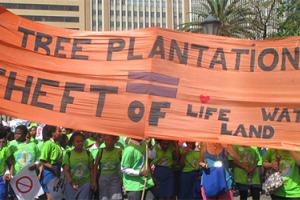Carbon Storage
Monoculture tree plantations are said to provide the “ecosystem service” of carbon storage, which is promoted as a solution to halt climate chaos. But carbon is only stored in the trees for a short time, until they are cut down. Therefore, relying on plantations to store carbon is a false solution to avoiding climate chaos. Carbon offset plantations allow polluting companies to continue burning fossil fuels.
More than 10,000 people have been evicted to make way for the UK-registered New Forests Company (NFC)’s tree plantations, which are established and financed under the carbon market framework.
The large-scale plantations from UK-based New Forests Company (NFC) have meant violence for thousands of residents from Mubende, Uganda. More than 15 years after the company began its operations, affected communities still confront the long-lasting and severe damages.
A long cycle of state repression in India now sees new amendments to the colonial Indian Forest Act which would not only make forest bureaucracy more powerful than ever, but would also de facto put an end to the landmark Forest Rights Act.
India’s programme to compensate for the destruction of forests for development projects is routinely setting up monoculture tree plantations on community commons. Women, who are mostly affected, are at the centre of its resistance.
The devastating impacts of Green Resources’ tree plantation and carbon offset project in Uganda exposes the limits of carbon markets. While villagers carry the social, environmental and other costs of this project by loosing access and control over their land, the company is allowed to profit even more from its destructive plantations, framing them as “carbon sinks”.
This article gives an overview on the industrial tree plantation expansion threat in eastern and southern African countries, its external drivers, as well as the challenges this expansion presents to affected communities struggling to defend their land and livelihoods.
